My initial expectations for working at an American Summer Camp were pretty much in line with what one would typically expect. The experience wasn’t exactly what I had anticipated based on my naïve idea of what I had seen in films like “Camp Rock” (Matthew Diamond, 2008) and “Parent Trap (Nancy Meyers, 1998).” Things didn’t quite turn out the way I hoped (at the beginning, anyway). I was offered the “American Dream”, and I took it blindly. Though I am not claiming that my experience was entirely awful. Although, there were several parts that I found very difficult to appreciate. When you begin your journey as a camp counsellor, the owner organises a series of workshops and classes to prepare you for “living and breathing parent life” for the next two months. You process the information, but it really doesn’t register until you find yourself standing in your previously vacant bunk with fifteen screaming prepubescent girls. To reflect on the experience, I am going to use the method of ‘Boud’s model of reflection’ allowing me to look into several aspects of my experience and reflect critically to evaluate the significance of my time at camp.
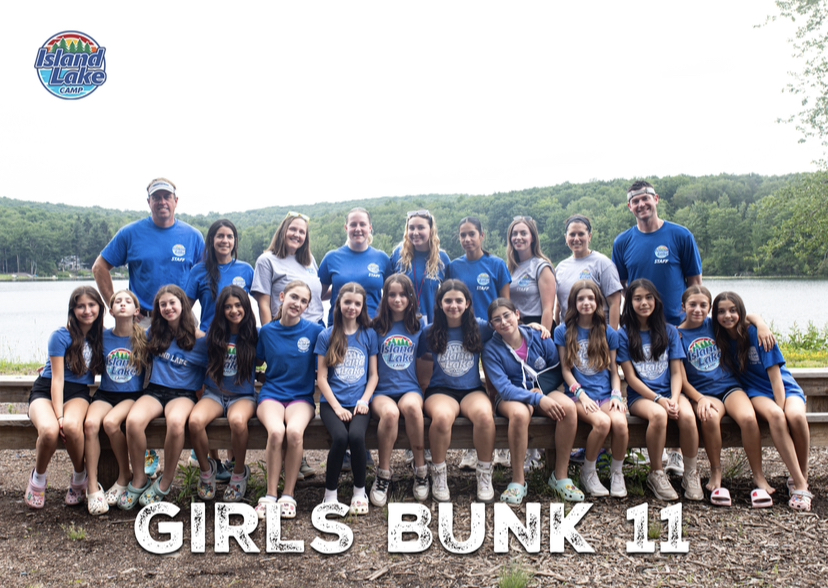
“Going back through our experience of collaboration, drawing out what we considered to be significant, working with any feelings that had come out of it”.
David Boud 2013, pg. 73
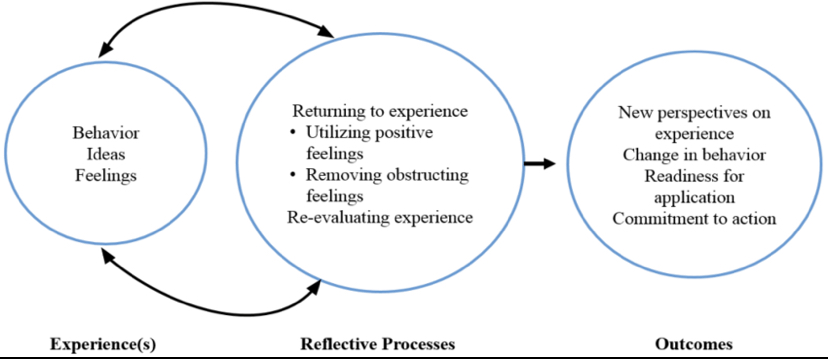
Nervous Newbie (its me)…..
I approached my first day with nervousness and jitters. We collectively stood at the entrance of the camp to welcome all the kids arriving in buses and brought them back to the cabins. The other counsellors and I helped them unpack while making small talk. As the other two counsellors in my bunk had previously been ‘mentors’ to the girls, I already sensed a feeling of exclusion. I suggested that we go outside and engage in some group activities that would help us begin developing connections with the girls. Knowing that I would be living with them for the next two months prompted me to want to try and build a friendship with them instead of having them view me as an authoritative figure. I discovered over the next few weeks that it may be challenging and occasionally plain awkward to go into the bunk while the girls were present. They appeared content with the bonds they had previously established with their other two counsellors, and I was just a bystander. I knew I needed to talk to someone when it began to affect how I approached going into work in my department. I spoke with my media department’s head counsellor as I felt comfortable sharing my circumstances with him.
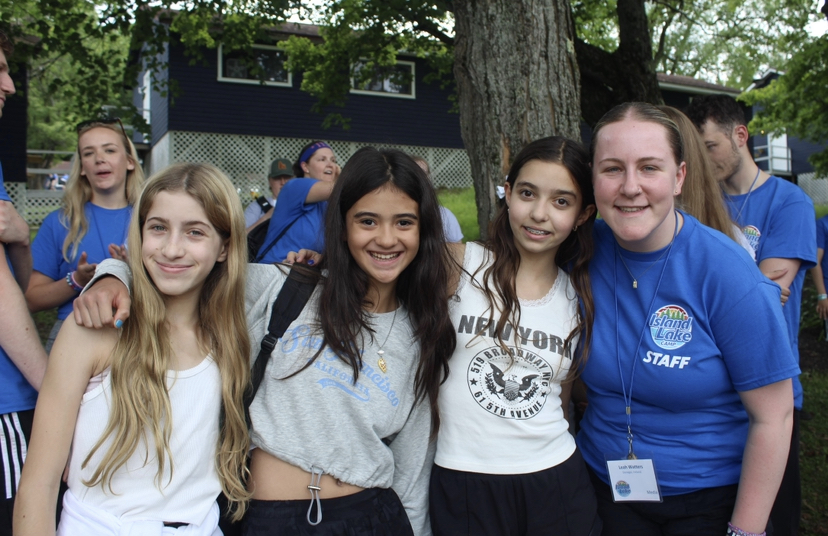
“One way to conceptualize the influences of the physical work environment on creativity is to assign the social-psychological work environment as a mediator”.
Supaporn Vithayathawornwong, Sheila Danko and Pamela Tolbert, 2003
Supaporn Vithayathawornwong, Sheila Danko and Pamela Tolbert recognise the ways in which the social-psychological work environment affects the ways in which the physical work environment affects creativity.
I felt confident in my abilities to work in the media department, whether it was creating and delivering fun classes for children to learn about script writing, editing, and photography, or teaching myself how to deal with the many types of film equipment. But as soon as I finish the day and return to my bunk it’s like I lose all sense of being a counsellor and and I feel a sense of unease or pressure to impress these little kids in my bunk. I know, crazy. I begin to recognise the unhealthy behavioural patterns I had begun to form in an effort to spend as little time in the bunk as possible. Whether it involved taking an early morning shower and going directly to my department to set everything up for the day. Or frequently volunteering to help clean up after meals. At this point I knew something had to be changed. After many, many tearful phone calls with my mum, I realised I needed to ask for help. As the most stubborn person on earth, this was a big step for me.
In her article, Heidi Grant explains the steps into seeking help in the workplace. With insightful remarks she humorously notes how people thrive on the prospect of offering you help.
“People want to see or know the impact of the aid they will give. This isn’t an ego thing. Many psychologists believe that feeling effective—knowing that your actions created the results you intended—is the fundamental human motivation”.
( Heidi Grant, 2018)
Its okay to ask for help
When I think back on my first few weeks at camp, I’m glad I made the decision to reach out to someone. To be honest, I don’t know if I could have continued without the support. The camp made sure I was comfortable the entire time, and the process was incredibly simple. I was given the opportunity to sit down with the girls and talk about the (most obvious) elephant in the room! I was able to communicate my feelings in a healthy environment, and the girls did the same. My head counsellor suggested that I handle mealtimes and daily chores alone with the girls. I couldn’t have asked for a better outcome.
“Our relationship with the children was never just a professional one. It overflowed into “life” […], When we were together, I often underwent a very quick change of roles; I would slip into becoming a child and then shift into adulthood”
Spalding Grey. 1980, pg.69
Spalding Grey (1980, pg.69) explores the delicate balance between allowing ourselves to interact with children in a professional and playful way but understanding the boundaries that you are the authoritative figure. This reading gave me a great insight into approaching childcare and allowed me to understand that it’s okay to have fun too.
I finally felt this massive weight off my shoulders. One week in, and I’m positive the atmosphere of the camp shifted with a new energy. I noticed improvements in my mental well-being and an increased level of enjoyment and confidence in my classes. I had the courage to ask the kids to visit my media department, and it was fun to show them what I do daily. The camp lets the kids spend their free period in whichever department they desire, and I started noticing that the girls in my bunk were spending a lot more time in my area. I started spending time with them in my workspace and we made short films together. They were no longer hostile towards me, and I felt accepted into their “camp family.” By the fourth week, the kids were thinking I was like, the coolest counsellor ever. At last, I was made an honorary member of the group chat “Bunk 11 are cool girls.” (Mum, I made it).
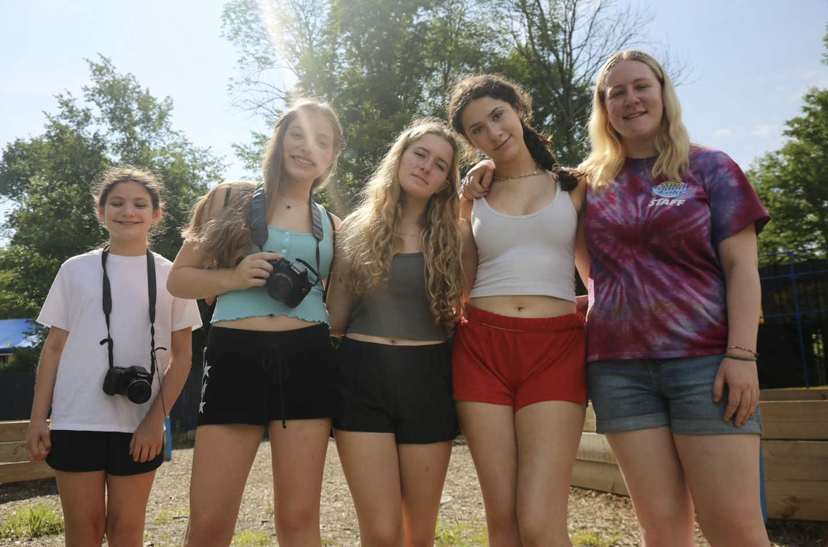
Lessons learned from my campers
I would have laughed shamelessly if you had told me at the start of camp that I would wish it would last forever. The amount of change I’ve seen in such a short period of time and the positive effects this entire experience has had on me are astounding. I’ve discovered so much about who I am and have picked up so much knowledge from others around me. I never know what to say when someone asks about my time spent in America. It’s kind of a situation of if you know, you know. There, the way of living is entirely different. I had a hard time going back to normal after my work experience. I was acclimated to my daily schedule of rising at 7 a.m., being a camp mom and a media maniac (my nickname as I worked in the media department). Every time I hear a certain song or phrase, I get flashbacks that bring me back to being in the camp bunk three thousand miles away.
“Reflection is the process of stepping back from an experience to ponder, carefully and persistently, its meaning to the self through the development of inferences; learning is the creation of meaning from past or current events that serves as a guide for future behaviour”.
Marilyn Wood Daudelin 1996, pg.39
Marilyn Wood Daudelin (1996, pg.39) put it perfectly in describing the act of understanding the importance of self-reflectance and using it to influence your future actions. I found that journaling helped me a lot during my time at camp. It’s truly intriguing to reflect on the emotions and thoughts I had at the start of camp, knowing how my journey ended.
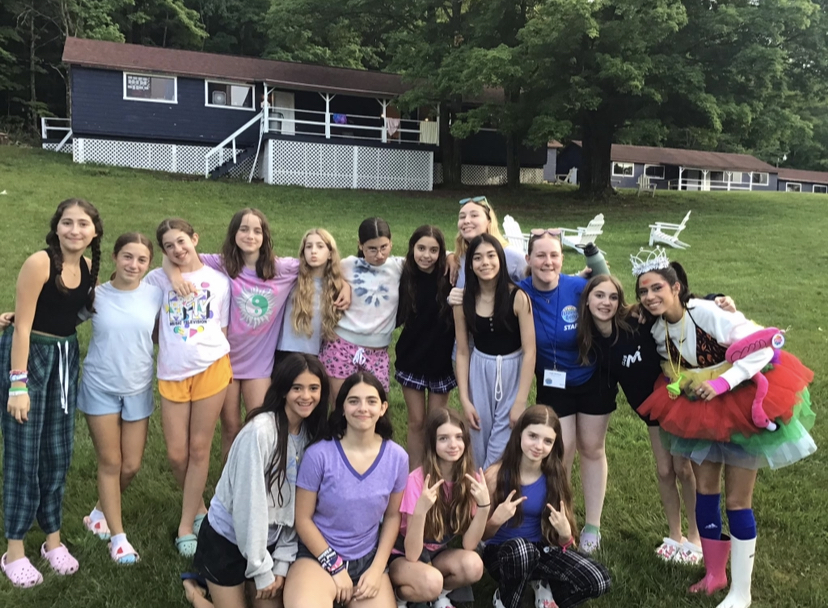
This blog has given me the opportunity to reflect effectively on my experience as a camp counsellor at Island Lake Camp (ILC). I’ll be forever thankful for the opportunities I had here, and I’ll cherish the memories. I learnt a lot working in the media department, but these girls also showed me how to be a kid again and most importantly, have fun. Without acknowledging the problems I was experiencing, I would not have been able to have this unique work experience. ILCU later.
Bibliography
Boud, D, Keogh, R. and Walker, D. eds. 2013. Reflection: Turning experience into learning. Routledge, p.73
Vithayathawornwong, S., Danko, S., & Tolbert, P. (2003). The Role of the Physical Environment in Supporting Organizational Creativity. Journal of Interior Design, 29(1/2)
Su, A. J., & Grant, H. (2018). The Right Way to Ask for Help at Work. Harvard Business Review.
Gray, S. (1980). Children of Paradise: Working with Kids. Performing Arts Journal, 5(1), pg. 69
Daudelin, M. W. (1996). Learning from experience through reflection. Organizational Dynamics, 24(3), pg.39
Filmography
Brooks, D. (Director). (1961). The Parent Trap [Film]. Walt Disney Productions. Brown, M. (Director). (2008). Camp Rock [Film]. Disney Channel.